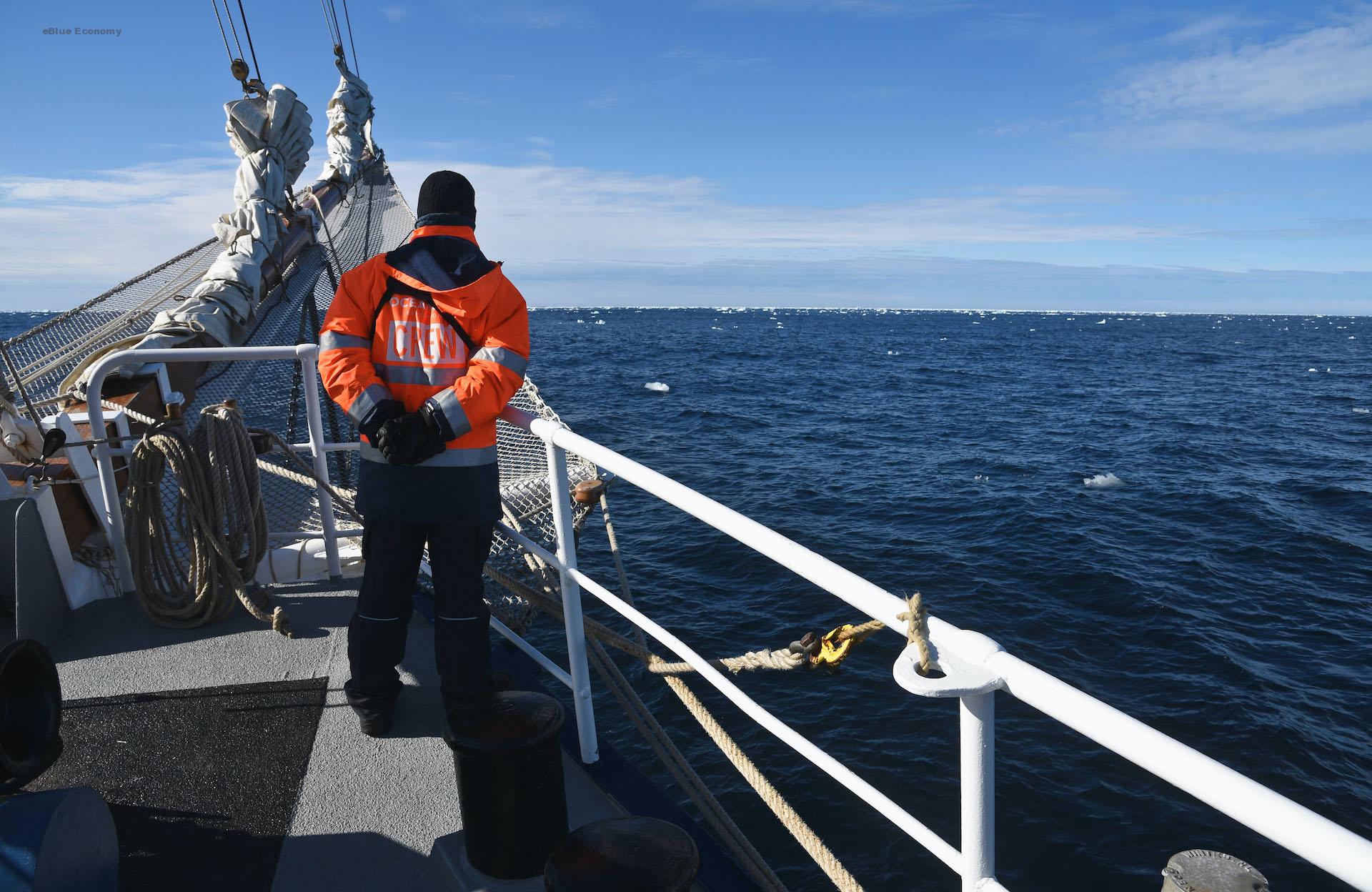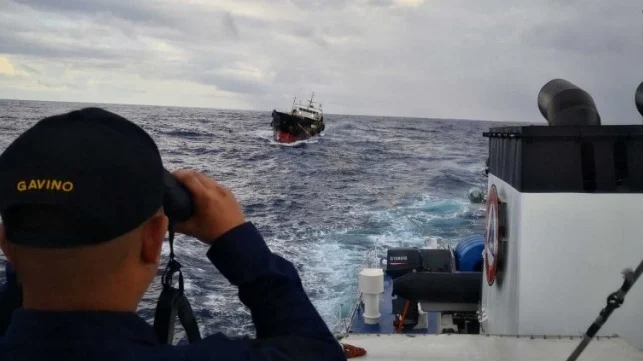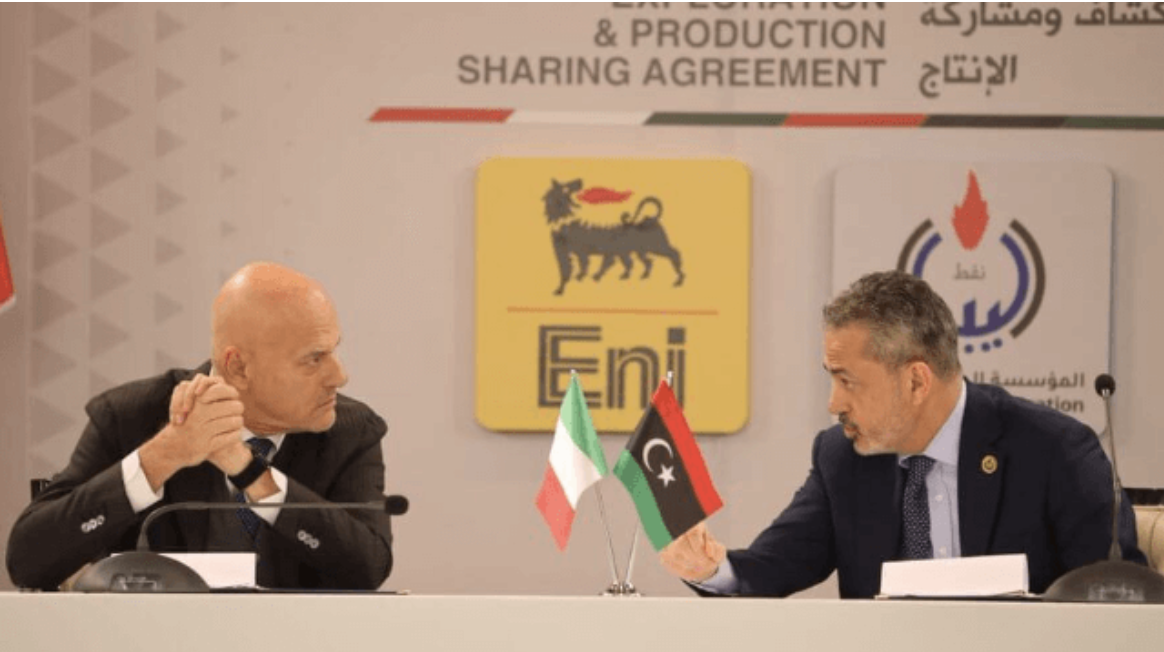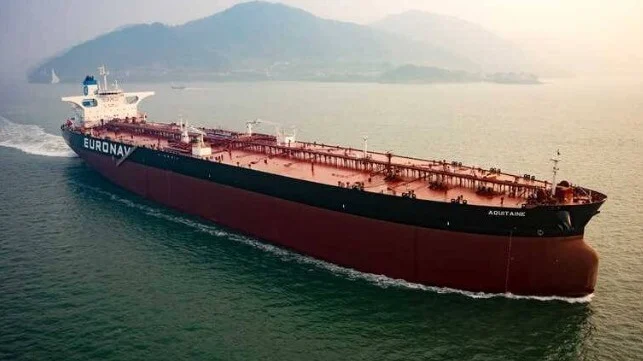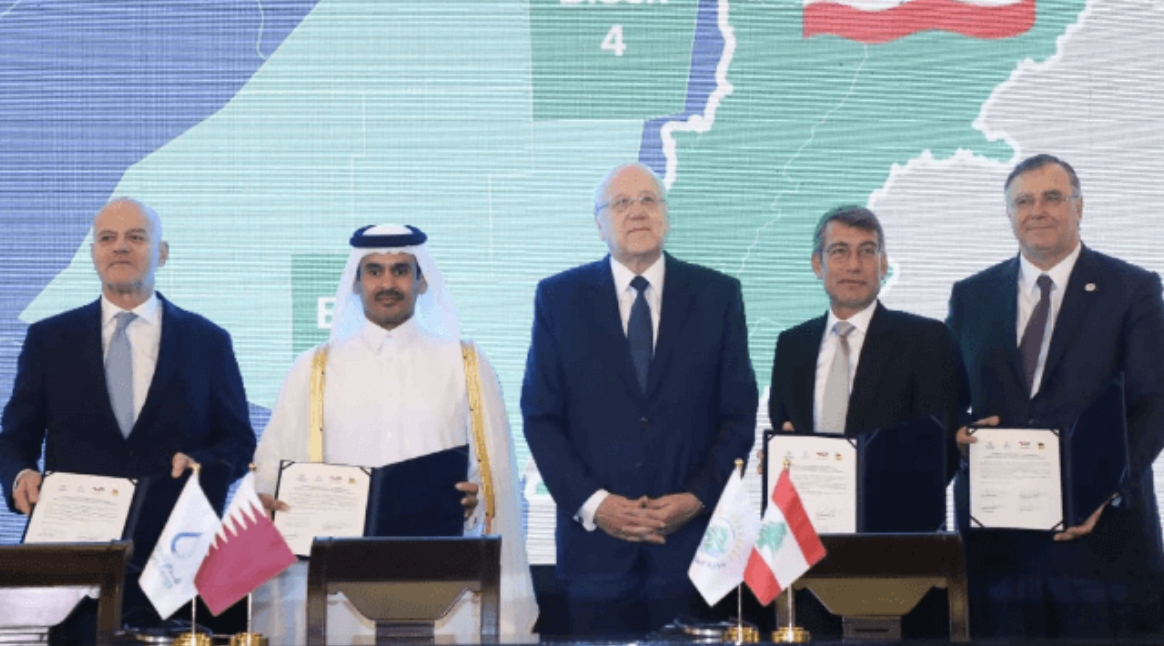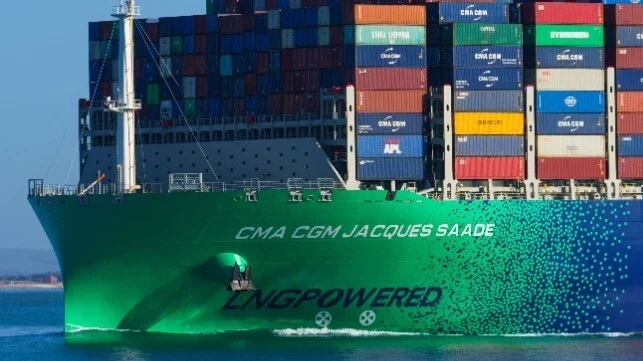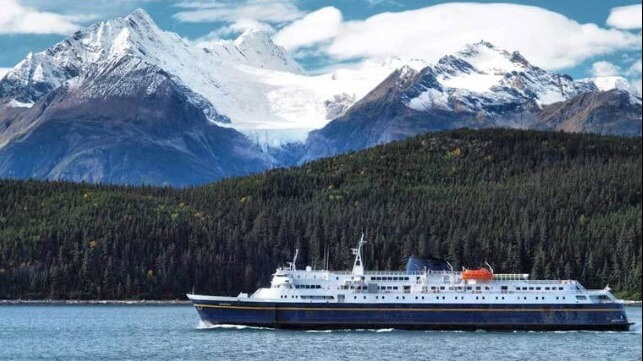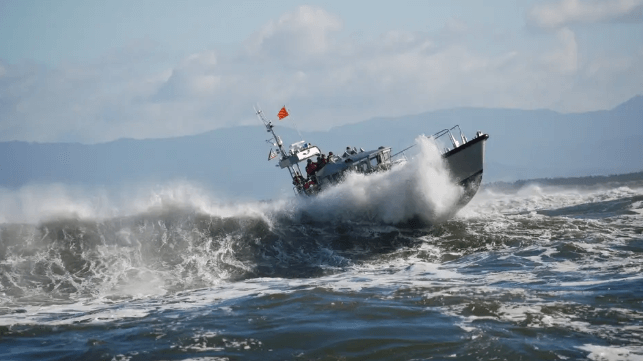Digital learning initiative was aimed at providing a unique opportunity for all stakeholders
The International Labour Organization’s (ILO) Global Forum on the “Maritime Labour Convention, 2006 (MLC, 2006): Current and Future Developments” took place 15-17 December. The digital learning initiative was aimed at providing a unique opportunity for all stakeholders to analyse and discuss the recent developments and the future perspectives in the context of the MLC, 2006 and the impact of COVID-19 on the maritime sector.
Global trade
Between 80 and 90 per cent of global trade is moved by maritime transport and the COVID-19 pandemic has severely disrupted the functioning of shipping and affected the work of nearly 2 million seafarers worldwide. In her Plenary Session remarks, Dr Cleopatra Doumbia-Henry, President of the World Maritime University (WMU), addressed the roles of enforcement and of port State control, of the Special Tripartite Committee, and of the International Transport Workers’ Federation (ITF) inspectors.

Dr Doumbia-Henry highlighted that the pandemic is acting as a magnifier and intensifier of existing socio-economic problems, and is unveiling the serious enforcement problems that the Seafarers’ Bill of Rights faces in view of the number of countries that are not complying with it. Seafarers have found themselves unable for many months, often well in excess of the established maximum period of 11 months, to disembark from their ships, and to transfer and transit for purposes of repatriation or to enable a new set of crew members to join the ship and replace seafarers who have completed their tour of duty.
They have also been denied basic rights such as access to shore-based facilities, and more importantly medical care. To date, there is no global consensus to allow for efficient maritime crew changes and transfers, and only 45 countries and one Associate Member have designated “seafarer” as “key workers” as proposed by the International Maritime Organization (IMO).

MLC, 2006
The strength of mechanisms in place under the MLC, 2006 have also been revealed by the pandemic. Dr Doumbia-Henry noted that the Special Tripartite Committee under the MLC, 2006, has stepped in several times providing guidance on how to ensure legal compliance with the Convention in the context of the pandemic. She emphasized that the guidance goes beyond addressing strictly legal issues and also considers the importance of ensuring the health and safety of seafarers, including the impact that extensions of Seafarer Employment Agreements (SEAs) can have on them.
Although flag State administrations are the main institutions responsible for enforcing the Convention, port States remain the closest authority for ships which sail long distances away from their place of registration. Dr Doumbia-Henry noted that Port State Control (PSC) Officers are stepping in to detain ships for breaches of seafarer length-of-service. However, their efforts might be bypassed by the lack of coordination with other authorities in their countries, whose role it is to ensure the repatriation of seafarers. She noted that health and migration departments, and other authorities of countries have a critical role to play in this respect.

WMU Culture of Adjustment Report
Dr Doumbia-Henry noted that job insecurity has become the rule in the seafaring profession and seafarers’ reluctance to contact authorities has accordingly increased. She highlighted the role of ITF inspectors in bridging this gap by collaborating with PSC Officers and providing their expertise in working and living conditions on board. However, she noted that this might not be sufficient in order to detect infringements of seafarers’ rights.
She referred to the recent WMU Culture of Adjustment Report on the implementation of the current maritime regulatory framework on rest and work hours that has unveiled a damning culture of adjustment. The standard record of rest and work hours is systematically adjusted to show compliance with the Convention and to avoid inspection problems.
In closing, Dr Doumbia-Henry drew specific attention to the UN General Assembly Resolution of 2 December 2020 which urged all countries to designate seafarers and other marine personnel as “key workers”. The UN Resolution encouraged Governments to ensure safe crew changes and travel allowing stranded seafarers to be repatriated and others to join ships.
She also confirmed that WMU Alumni in 170 countries worldwide have been requested to help find solutions by bringing the issue of the importance of crew changes to the attention of their authorities so that action can be taken to help resolve the challenges seafarers continue to face.


